Conservation and Biodiversity
5 Conservation Heroes Saving Animals
October 8, 2025
On National Heroes Day, we celebrate people who inspire us through acts of kindness, courage, and selflessness. Though we often think of heroes as people who defend other people, it’s essential to honor those who protect the animal species, too. They cannot protect themselves from habitat loss, poaching, climate change, and other human-made threats, but thankfully, there are human heroes dedicated to doing just that. That’s why, this National Heroes Day, we’re celebrating five conservation heroes around the world, and the animals — big and small, famous and unrecognized — that they’ve saved.
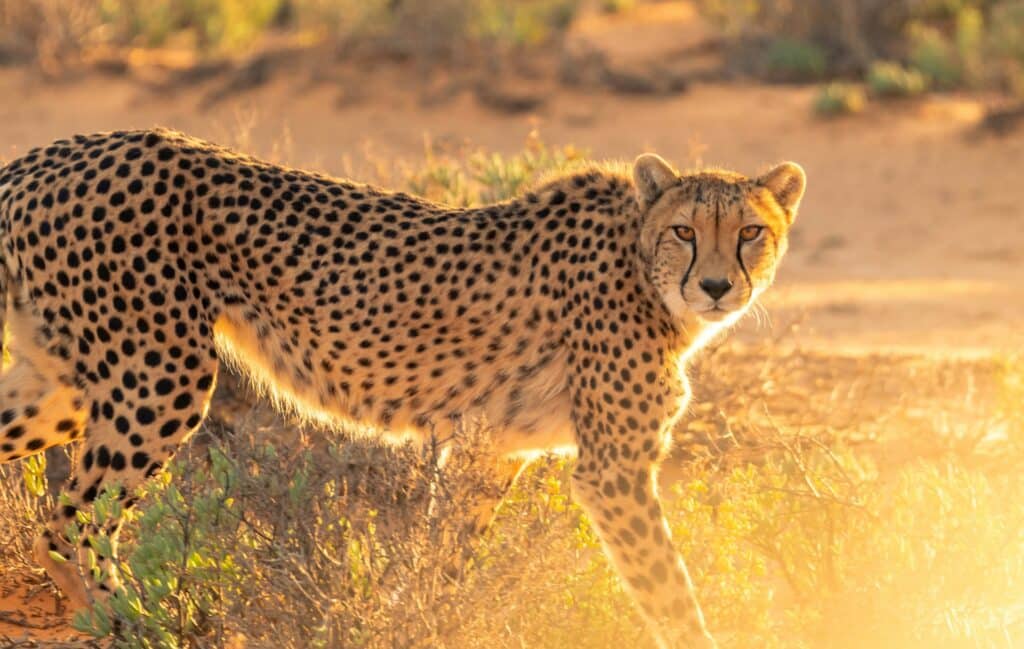
Laurie Marker, known colloquially as “The Cheetah Lady,” was born in Palos Verdes, California. She worked in the wine business before seeing a cheetah at a wildlife safari park, and was struck by their “grace, speed, and elegance.” Marker was so impacted by her experience that she began working at the park, and over time became the world’s leading cheetah expert. However, much in the spirit of the animal she studied, Marker didn’t stop there.
She relocated to Namibia, Africa, where she founded the Cheetah Conservation Fund. This organization conducts research, protects wild cheetah habitats, and provides educational programs for 25,000 Namibian students annually. Her work has never been more essential because, in the last hundred years, 90% of the world’s cheetah population has been lost. High competition for prey and habitat loss are problems cheetahs can’t outrun, and on top of this poaching removes 4% of their population from the wild every year.
Marker has earned the Zoological Society of San Diego’s Lifetime Achievement Award in 2008 and the Tyler Prize for Environmental Achievement in 2010. She regularly speaks out against cheetah loss, stating that, as one of the top predators in Africa, cheetahs are vital to their ecosystems.
If we can save the cheetah here, we can save an entire ecosystem. We can save the world.
Laurie Marker
Thai Van Nyugen
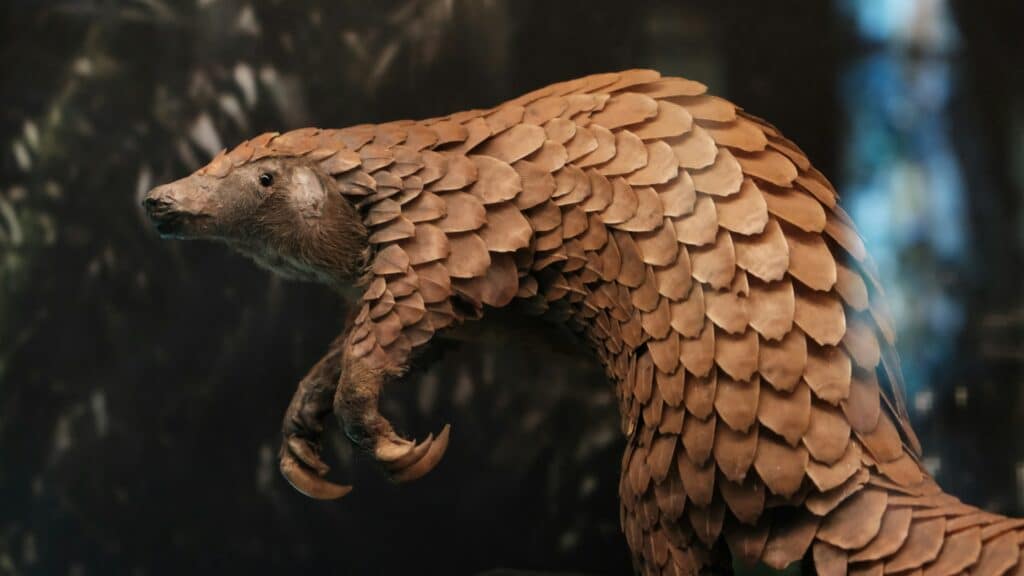
The pangolin is a unique creature that you probably have never heard of. Described as both “innocent-looking” and strange, it has four legs, with a long snout and a coat of scales. It is also the most illegally trafficked wild mammal on the planet. They are hunted for their scales, used in “traditional medicine,” and their meat. About 100,000 are sold each year. Additionally, locals often kill these animals because they fear their appearance, and they often die if taken into captivity.
Thai Van Nyugen grew up in one of Vietnam’s forests, and saw these threats firsthand. When he was eight, he “saw a [mother pangolin] rolling into a ball to protect her baby” as poachers captured them. Since then, he’s devoted his life to protecting this unique animal. In 2014, he founded the NGO Save Vietnam’s Wildlife (SVO), which has saved at least 1,540 pangolins from captivity and trafficking. He also created the Carnivore and Pangolin Education Center, which offers courses on conservation and animal rescue.
Additionally, Nyugen and SVO have created an anti-poaching team, which has decreased poaching in Vietnam by a staggering 80%. Some of the information and strategies his group uses come from direct conversations with poachers, because, although Nyugen is strongly against poaching, he believes poachers can be reformed. For his work protecting a critically endangered species, Nguyen has been awarded the 2021 Goldman Environmental Prize and the 2022 National Geographic Wayfinder Award.
Bayarjargal (Bayara) Agvaantseren
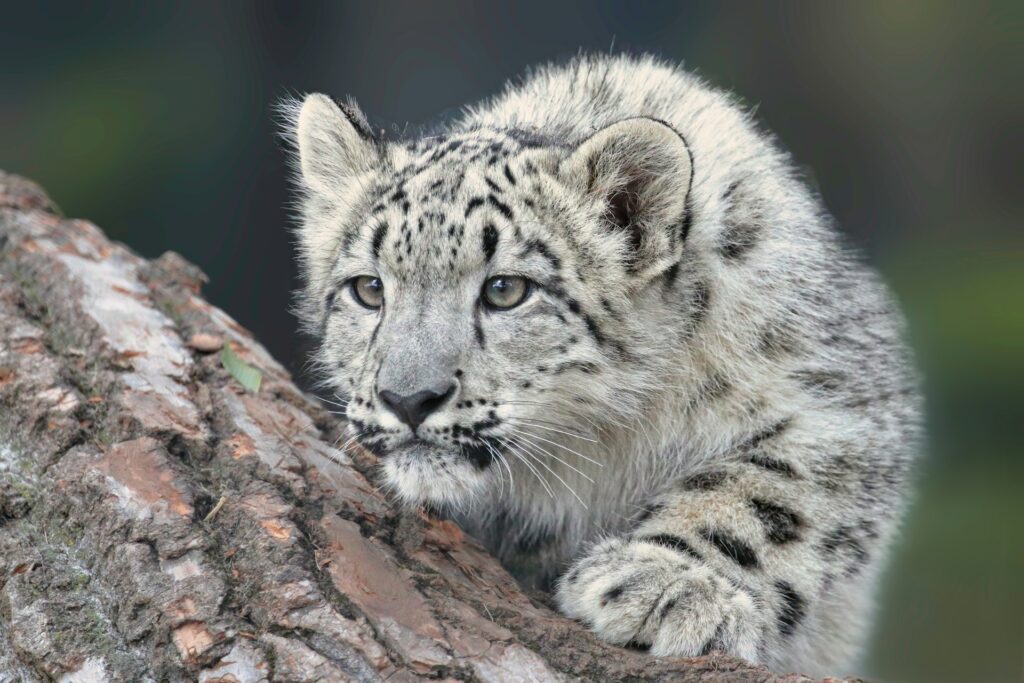
Because of their white pelts, which help them camouflage in the snow-capped peaks of Central Asia, snow leopards are called “ghost cats.” They are highly endangered; however, because of people like Bayarjargal Agvaantseren, they are still a living presence, rather than a haunting memory.
Agvaantseren was born in a small Mongolian village, where her father was a teacher. She followed in his footsteps, becoming a teacher and translator for Tom McCarthy, a leading snow leopard researcher in the Tost Mountain Range.
She was enchanted by the “secretive,” and “beautiful” snow leopards, but also learned they face many dangers. Like many animals, they’ve experienced severe habitat loss. They are also killed by herders seeking to protect their livestock and poachers seeking to sell their hides. Currently, there are only 4,500 to 7,000 wild snow leopards, with about 1,000 living in Mongolia. In the Tost Mountains, where Agvaantseren lived, herders would regularly kill snow leopards to protect their animals. However, after she worked with them to develop “livestock insurance,” for each animal lost, they no longer saw them as enemies.
In 2009, she learned that much of the land in the Tost Mountains was being licensed for mining, putting the snow leopards that lived there at risk. Mining is a powerful industry in Mongolia, making up nearly 30% of the nation’s GDP. However, with the help of locals and politicians, Agvaantseren was able to create the 1.8 million-acre Tost Tosonbumba Nature Reserve by 2016, which made all mining operations there illegal. This earned her the Goldman Environmental Prize.
Paula Kahumbu
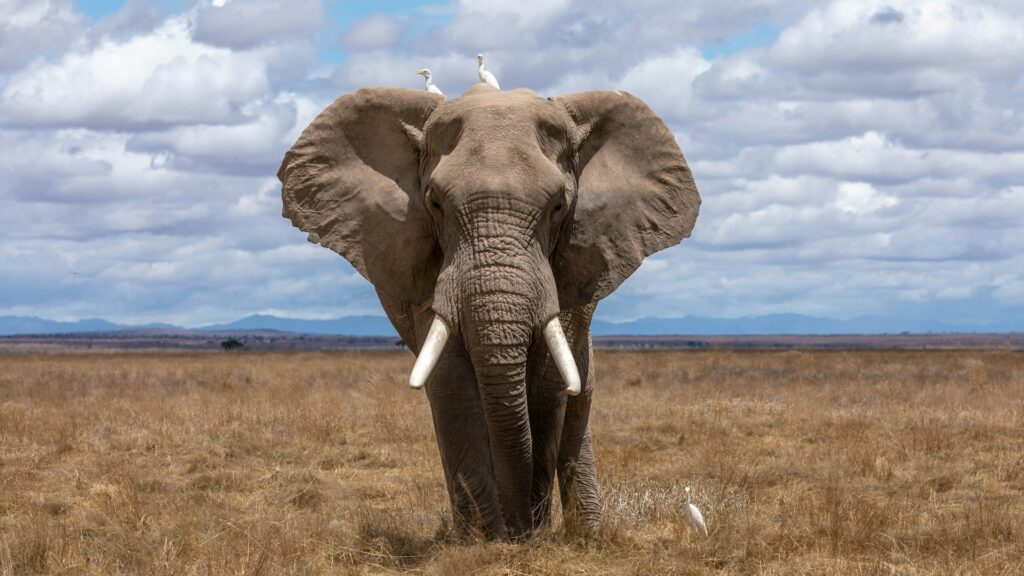
The African elephant, one of nature’s most intelligent and revered animals, is targeted by poachers for its ivory tusks. In 2014, poaching killed about 50,000 elephants annually; today, though it has significantly decreased, it is far from over.
This is especially significant because elephants are a keystone species, meaning, if they became extinct, the entire ecosystems they once inhabited would suffer greatly. Elephants support their ecosystems by dispersing plant material through their eating habits, which creates new forests and provides food for other animals. They also dig wells to get water, which other animals use to stay hydrated.
Paula Kahumbu grew up with a massive admiration for this important animal. Raised in Nairobi, Kenya, she lived near conservationist Richard Leaky. Some of her prominent childhood memories include bringing him small animals to identify, and, less happily, seeing discarded elephant tusks in her neighborhood. She began protecting them as a young adult, when she held a symbolic ivory “bonfire” to protest poaching. She then earned a PhD studying elephants — and the threats to their survival — at Princeton University, in the U.S.
Armed with a big heart and expert knowledge, Kahumbu then launched “Hands Off Our Elephants” in 2014 to stop elephant poaching. As of 2012, only 4% of convicted poachers served jail time, and most of the case files were “lost or missing.” With a team of lawyers and support from Kenya’s First Lady, Kahumbu prosecuted poachers who had previously escaped justice, and significantly decreased elephant poaching. For her dedication, she earned the title of Order of the Grand Warrior from Kenya’s President.
Naomi Longa
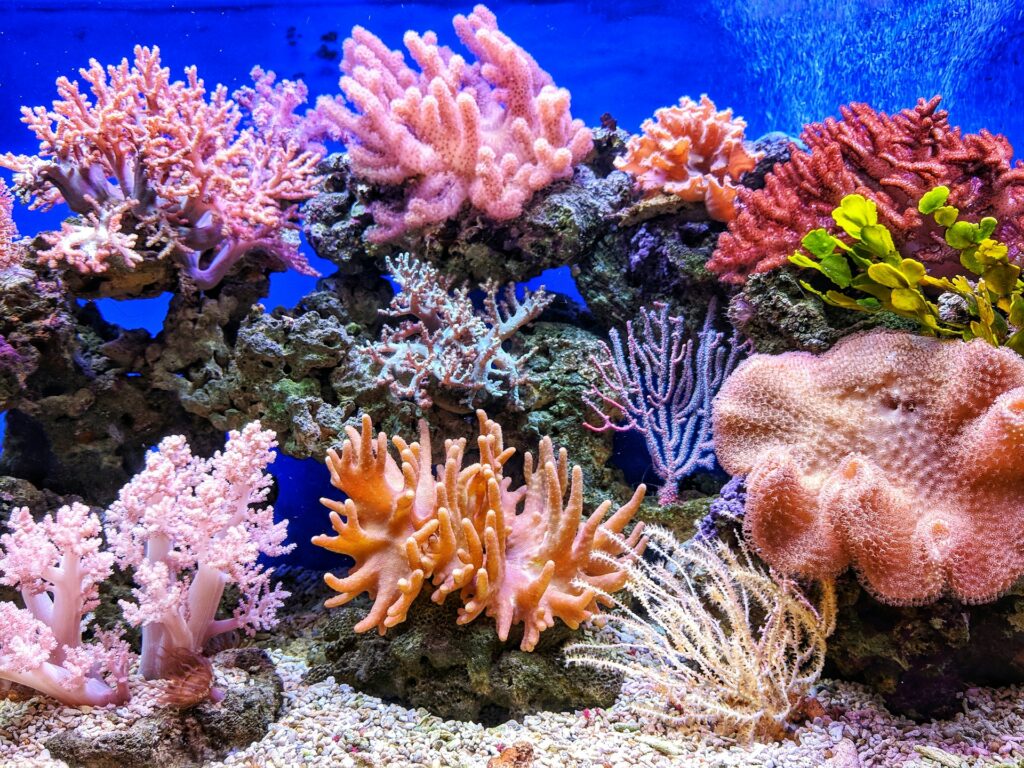
Though we may not think of corals as animals, they are– and they’re some of the most valuable animals on our planet. 25% of all marine life inhabits coral reefs, including essential filter feeders. Coral reefs also create oxygen, develop shorelines, and promote biodiversity. They also face many threats, including pollution (such as coral bleaching), coral harvesting, unsustainable fishing practices, and overfishing. Additionally, climate change is killing corals by making the water they live in warmer and more acidic.
Naomi Longa, born in Papua New Guinea, resides in the Coral Triangle. Located in the Pacific Islands, the Coral Triangle contains 5.7 million square kilometers of coral, and is the most biodiverse marine system in the world.
According to the National Oceanic and Atmospheric Administration (NOAA), it is home to “600 of the world’s coral species, over 2,000 species of reef fish, and six out of seven sea turtle species.” In 2021, Longa, recognizing the importance and fragility of this reef, began her work as the co-director of the NGO Sea Women of Melanesia.
It started as a team of ten women. Today, it has eighty-five women, and has collected 15,000 survey images of the reef. It also looks after twenty Locally Managed Marine Areas (LLMAs), protecting corals and other sea life. For Naomi, it’s essential that indigenous women, whom she describes as the “backbone of [her] community,” have the power to lead conservation movements. She won the prestigious Whitley Award in 2024, and will use its funding to train more women to protect nature.
Be sure to take one of our quizzes to learn more about our Earth’s diverse, fascinating creatures and if you want to be a hero, take action! Join us as we battle to save two captive orcas, Wikie and her son Keijo, held in deteriorating conditions in a closed marine park in Antibes, South of France. Please help to pressure the French government to act with urgency. Write directly to President Emmanuel Macron, demanding he intervene immediately to ensure a humane, sustainable future for these animals and fulfill France’s commitment to animal welfare. Post about their plight on your social media and ask others to do the same.
Help our efforts to invest in reforestation through EARTHDAY.ORG’s Canopy Tree Project. Planting forests is a critically important way to take action on behalf of Our Power, Our Planet, and helps to protect important wildlife habitats and ecosystems.
This article is available for republishing on your website, newsletter, magazine, newspaper, or blog. The accompanying imagery is cleared for use. Please ensure that the author’s name and their affiliation with EARTHDAY.ORG are credited. Kindly inform us if you republish so we can acknowledge, tag, or repost your content. You may notify us via email at [email protected] or [email protected]. Want more articles? Follow us on substack.